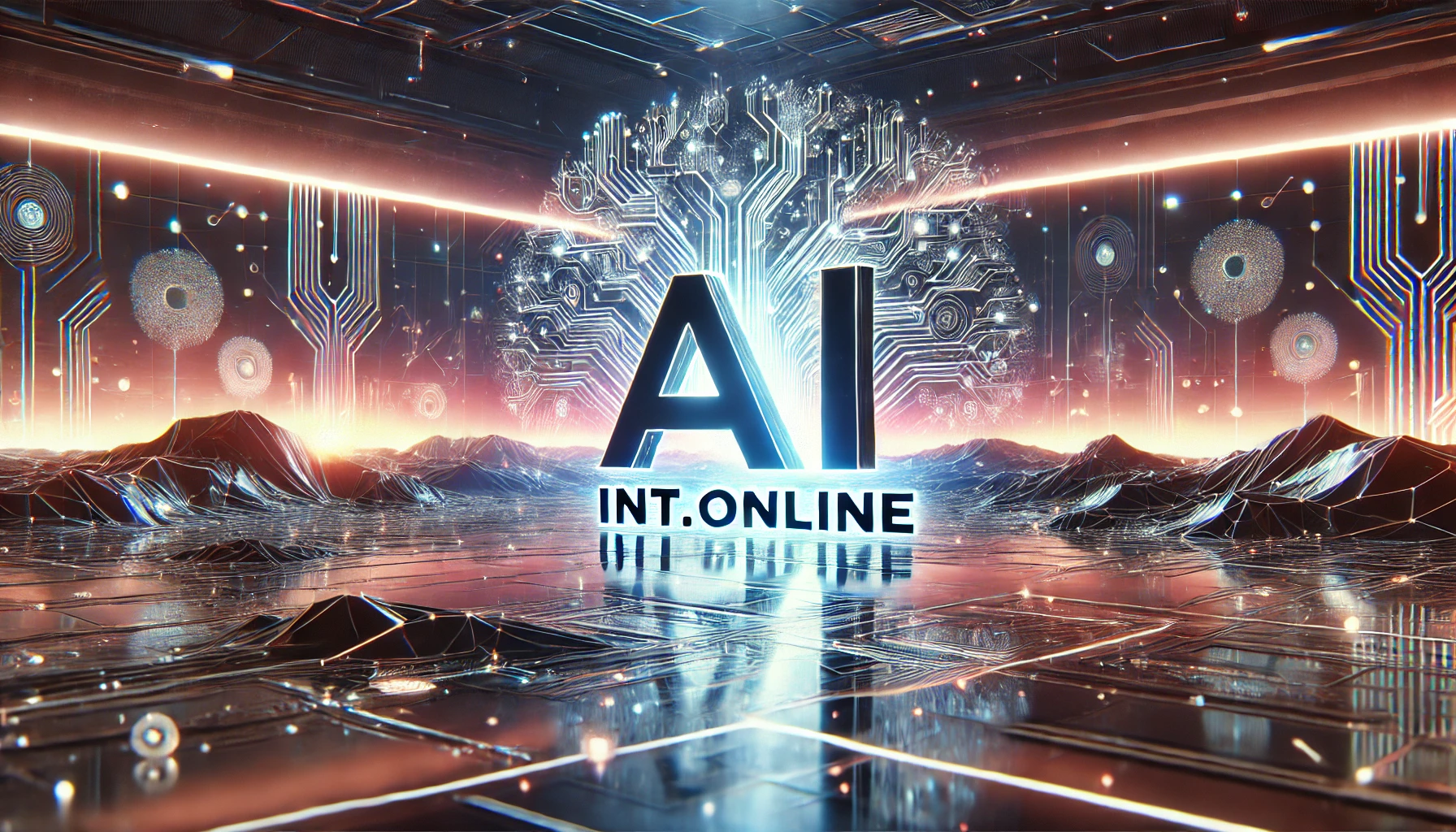Latest AI Developments – AIint.online
Artificial Intelligence is revolutionizing the advertising industry. AI-generated advertisements now cover all aspects of marketing, from scriptwriting to creating virtual presenters. Companies are leveraging AI-driven tools to automate content creation, optimize ad targeting, and enhance engagement with consumers. These innovations are reshaping the way brands connect with their audiences, providing more personalized and data-driven advertising experiences.
AI in Military and Defense: Target Identification
The Israel Defense Forces (IDF) have integrated AI-based systems into their operations, significantly enhancing target identification capabilities. Reports indicate that AI has been used to identify 37,000 potential targets linked to Hamas during military operations in Gaza. These AI-powered systems allow for rapid data analysis, improving precision in military decision-making. However, concerns remain over ethical implications and the potential risks of AI in warfare, including issues of accountability and bias.
Advancements in AI Language Models
The AI language model landscape continues to evolve, with OpenAI launching GPT-4.5, an upgraded version of its flagship model. In parallel, Elon Musk’s xAI has introduced Grok 3, positioning itself as a direct competitor. These advancements highlight the increasing competition in AI language processing, with companies focusing on improving contextual understanding, efficiency, and real-time conversational capabilities. The race to build superior AI-powered chatbots and automation tools is intensifying, promising more sophisticated and reliable AI applications.
The European Union’s AI Act: A New Era of Regulation
The European Union has introduced the AI Act, marking a significant step toward regulating artificial intelligence. The framework aims to oversee the development and deployment of AI technologies, focusing on ethical standards, transparency, and accountability. The legislation categorizes AI systems based on their potential risks, from minimal to high risk, and enforces stricter compliance requirements for high-risk applications. Businesses operating in the AI sector must now adapt to these new regulations, ensuring their AI solutions align with European standards.
AI’s Role in Legal Proceedings
The rise of AI-generated content has sparked challenges in the legal sector. In Israel, the High Court has encountered cases where attorneys referenced non-existent rulings generated by AI tools. This issue raises serious concerns about the reliability and verification of AI-generated legal documents. Courts and legal professionals are now examining ways to regulate the use of AI in legal research, emphasizing the need for human oversight and robust validation mechanisms to prevent misinformation in judicial proceedings.
Conclusion
Artificial intelligence is transforming industries at an unprecedented rate, from advertising and military applications to legal proceedings and regulatory frameworks. As AI continues to advance, businesses and policymakers must navigate the opportunities and challenges it presents. AIint.online remains dedicated to tracking these developments, ensuring that readers stay informed on the latest trends and implications of AI across various sectors.
